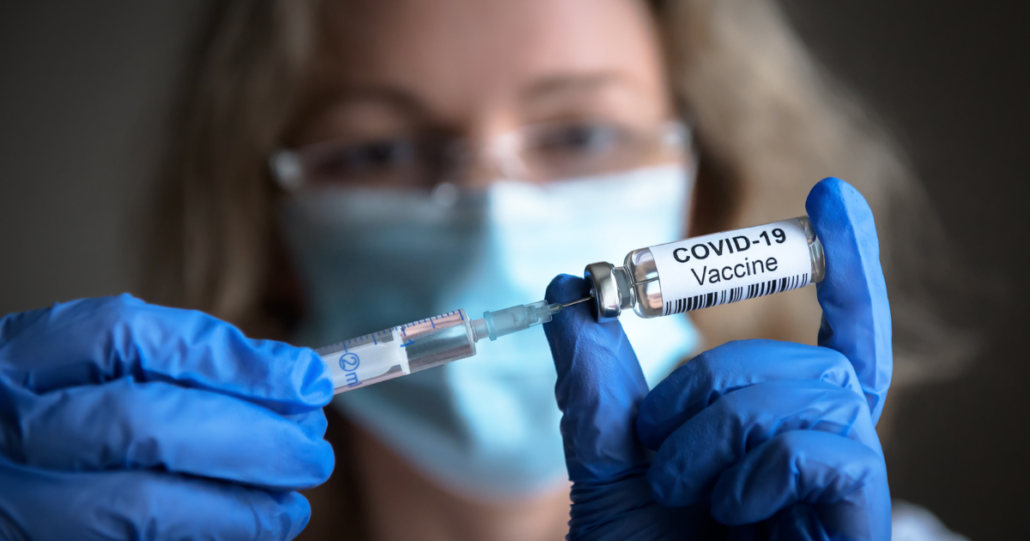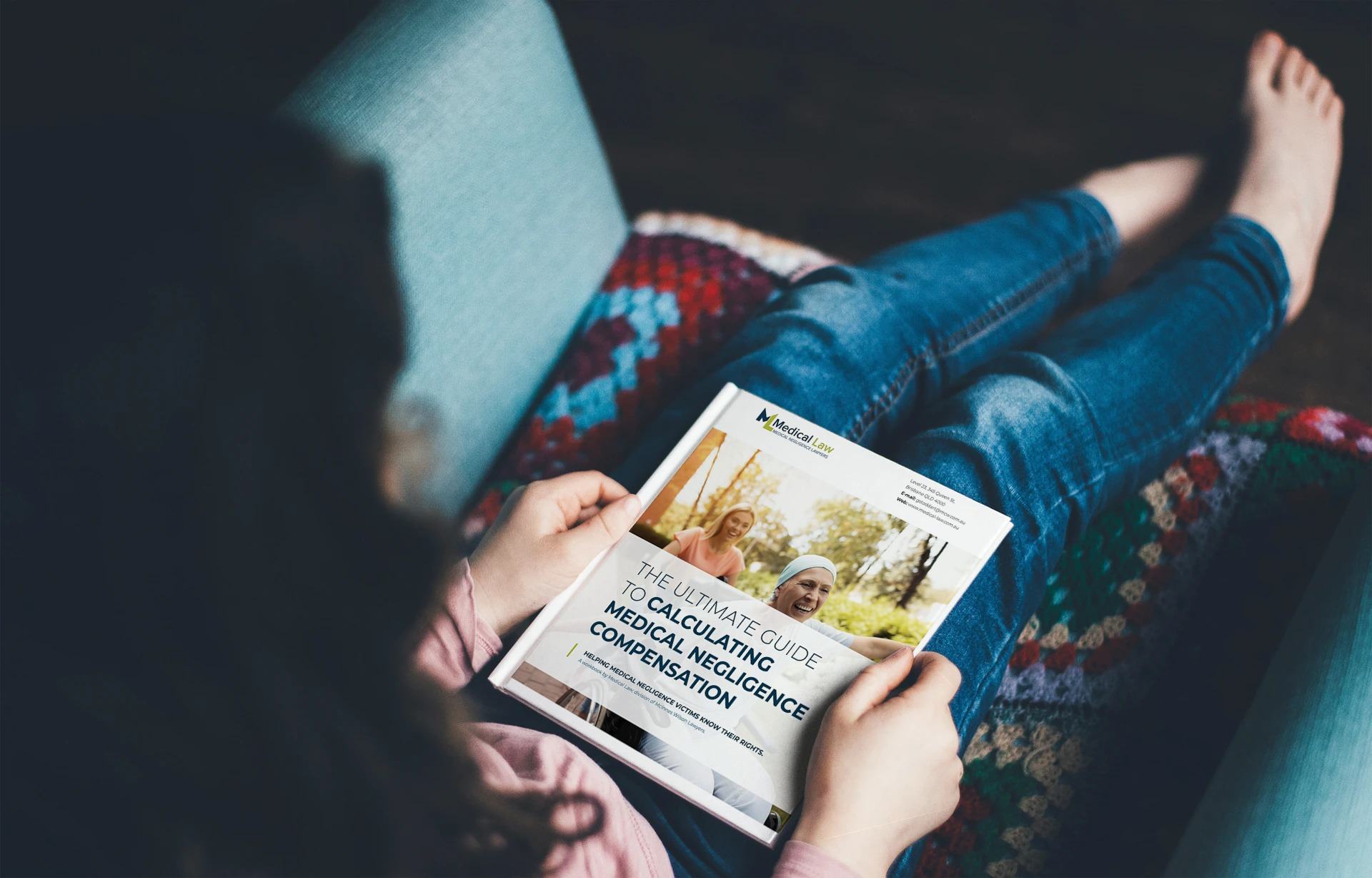Since this article was published on 2 July 2021, the Hon Greg Hunt MP (Minister for Health and Aged Care) issued a media release providing greater detail on the scope of the proposed COVID-19 vaccine indemnity scheme (see https://www.health.gov.au/ministers/the-hon-greg-hunt-mp/media/covid-19-indemnity-scheme-to-protect-health-professionals-and-patients).
The Australian Government has now clarified the proposed COVID-19 vaccine indemnity scheme will operate as “a no fault claims process scheme” to provide compensation where patients suffer “a significant adverse reaction, causing injury and economic loss because of vaccination”. What constitutes “a significant adverse reaction” has not yet been defined.
Furthermore, the COVID-19 vaccine indemnity scheme will “be backdated to the start of the national vaccine rollout”. Meaning, patients who suffer COVID-19 vaccine-related injuries prior to the scheme’s implementation will be entitled to claim compensation under the scheme.
Whilst the COVID-19 vaccine indemnity scheme will likely provide a simpler process for COVID-19 vaccine related injuries, injured persons are still entitled to pursue common law medical negligence claim compensation for adverse reactions to the COVID-19 in the interim and even after the scheme’s implementation.
National Indemnity Scheme
In late June 2021, the Federal government announced its intention to establish a professional indemnity scheme for medical practitioners who are “providing advice to people in relation to COVID-19 vaccination.”[1]
Few details have been released about how the scheme will operate, and the scope of the scheme is unclear. However, the statement by the Federal Government seems to indicate the scheme will indemnify healthcare practitioners, not patients, from potential adverse reactions from the COVID-19 vaccine.
Accordingly, it seems Australia will continue to lag behind other countries, such as New Zealand and the United States of America, who have established no-fault compensation schemes for vaccine-related injuries.[2]
Medical Negligence Claims and the COVID-19 Vaccine
Interestingly, in the absence of a no-fault compensation scheme, injured persons may still be entitled to claim compensation for an adverse reaction to the COVID-19 vaccine by way of a medical negligence claim.
Given that the Therapeutic Goods Administration has approved various COVID-19 vaccines as safe,[3] injured persons will most likely need to prove negligence by the medical practitioner who administered the COVID-19 vaccine in order to claim compensation.
An action in medical negligence requires an injured person to prove a medical practitioner failed to provide care to the standard of a competent medical practitioner at the time, and this failure caused them to suffer loss/damage as a result.[4]
Negligence in administering the COVID-19 vaccine might arise where a medical practitioner failed to warn the injured person of the potential risks or harmful side effects of a COVID-19 vaccine,[5] or incorrectly administered the COVID-19 vaccine (for example, injected the vaccine into the injured person’s nerve/bloodstream, rather than their muscle).
Negligence might also arise if a medical practitioner administered a COVID-19 vaccine against the advice/recommendations of the Australia Government or the manufacturer. For example, the Queensland Government has advised that persons with a history of blood clotting disorders (such as Heparin-induced thrombocytopenia (HIT) or Central venous sinus thrombosis (CVST)) should not receive the AstraZeneca vaccine.[6] Accordingly, administering the AstraZeneca vaccine to a patient with a history of blood clotting who then suffers blood clots may give rise to liability in negligence.
Similarly, persons with severe allergies to any of the ingredients in the COVID-19 vaccines have been advised not to have the COVID-19 vaccine.[7] Accordingly, where a patient suffers a severe allergic reaction to the COVID-19 vaccine, and the administering medical practitioner failed to take a relevant medical history,[8] this may also give rise to liability in negligence.
For a claim in medical negligence for an adverse reaction to a COVID-19 vaccine to be financially viable, an injured person will need to have suffered serious and prolonged symptoms/injuries following vaccination. Accordingly, where a patient merely suffers the known and common side-effects to the COVID-19 vaccine, which tend to only last a couple of days [9], they are unlikely to be entitled to any/much compensation.
Compensation from Statutory Schemes
Where an injured person needs to take time off work to recover from a COVID-19 vaccine, even for known and common side-effects, they may be entitled to Workers’ Compensation.[10] An entitlement to Workers’ Compensation may particularly arise where an injured person is vaccinated against COVID-19 at the direction of their employer.[11]
Similarly, funding from the National Disability Insurance Scheme (NDIS) may be available where an injured person suffers “a permanent and significant disability” as a result of receiving a COVID-19 vaccine but will not be available for temporary symptoms/injuries following vaccination.[12]
[1] Prime Minister Scott Morrison, ‘National Cabinet Statement’ (media statement, 28 June 202) <https://www.pm.gov.au/media/national-cabinet-statement-5>
[2] See generally Wood et al, ‘Australia needs a vaccine injury compensation scheme: Upcoming COVID-19 vaccines make its introduction urgent,’ Australian Journal of General Practice (online, 9 September 2020) Table 1 <https://www1.racgp.org.au/ajgp/coronavirus/australia-needs-a-vaccine-injury-compensation-sche>
[3] Therapeutic Goods Administration, ‘COVID-19 vaccine: Provisional registrations,’ COVID-19 Vaccines (webpage, 25 June 2021) <https://www.tga.gov.au/covid-19-vaccine-provisional-registrations>
[4] Civil Liability Act 2003 (Qld) s 22; see generally Rogers v Whitaker (1992) 175 CLR 479.
[5] See generally Rogers v Whitaker (1992) 175 CLR 479; Civil Liability Act 2003 (Qld) s 21.
[6] Queensland Government, ‘COVID-19 vaccination information: Patient Information,’ Queensland Government (fact sheet, June 2021) <https://www.health.qld.gov.au/__data/assets/pdf_file/0029/1029359/covid19-patient-information-sheet.pdf>
[7] Ibid.
[8] Chin Keow v Government of Malaysia and Another [1967] 1 WLR 813
[9] Australian Government Department of Health, ‘Are COVID-19 vaccines safe?’ Australian Government Department of Health (webpage, 17 June 2021) <https://www.health.gov.au/initiatives-and-programs/covid-19-vaccines/learn-about-covid-19-vaccines/are-covid-19-vaccines-safe>
[10] See generally WorkCover Queensland, ‘COVID-19 vaccines and your workplace health and safety obligations,’ (webpage, 2 March 2021) <https://www.worksafe.qld.gov.au/news-and-events/news/2021/covid-19-vaccines-and-your-workplace-health-and-safety-obligations>
[11] See generally Megan Bowe and Emma Croskery, ‘Can employers make the COVID-19 vaccination mandatory?’, Colin, Biggers & Paisley (webpage, 1 February 2021) <https://www.cbp.com.au/insights/insights/2021/february/can-employers-make-the-covid-19-vaccination-mandat?utm_source=Mondaq&utm_medium=syndication&utm_campaign=LinkedIn-integration>
[12] Nicholas Wood, ‘Who pays compensation if a COVID-19 vaccine has rare side-effects? Here’s the little we know about Australia’s new deal,’ The Conversation (online, 15 October 2020) <https://theconversation.com/who-pays-compensation-if-a-covid-19-vaccine-has-rare-side-effects-heres-the-little-we-know-about-australias-new-deal-147846>
One download between you and your key to compensation...
Want to fast track the process with our free interactive workbook?
Medical Law © 2020 Privacy & Disclaimer




